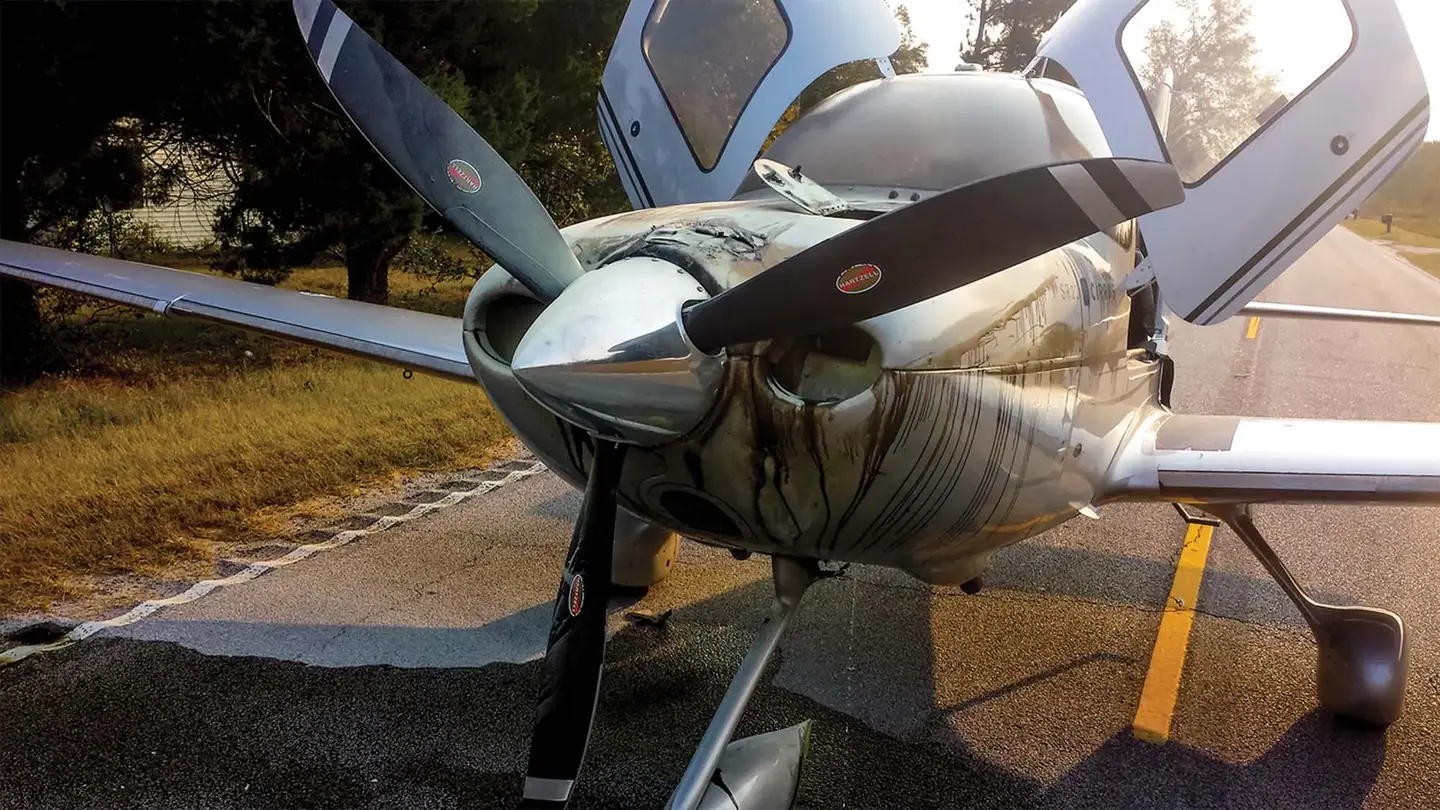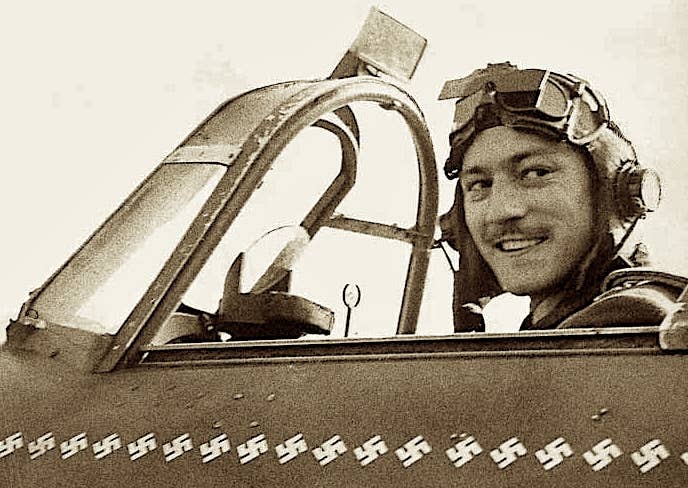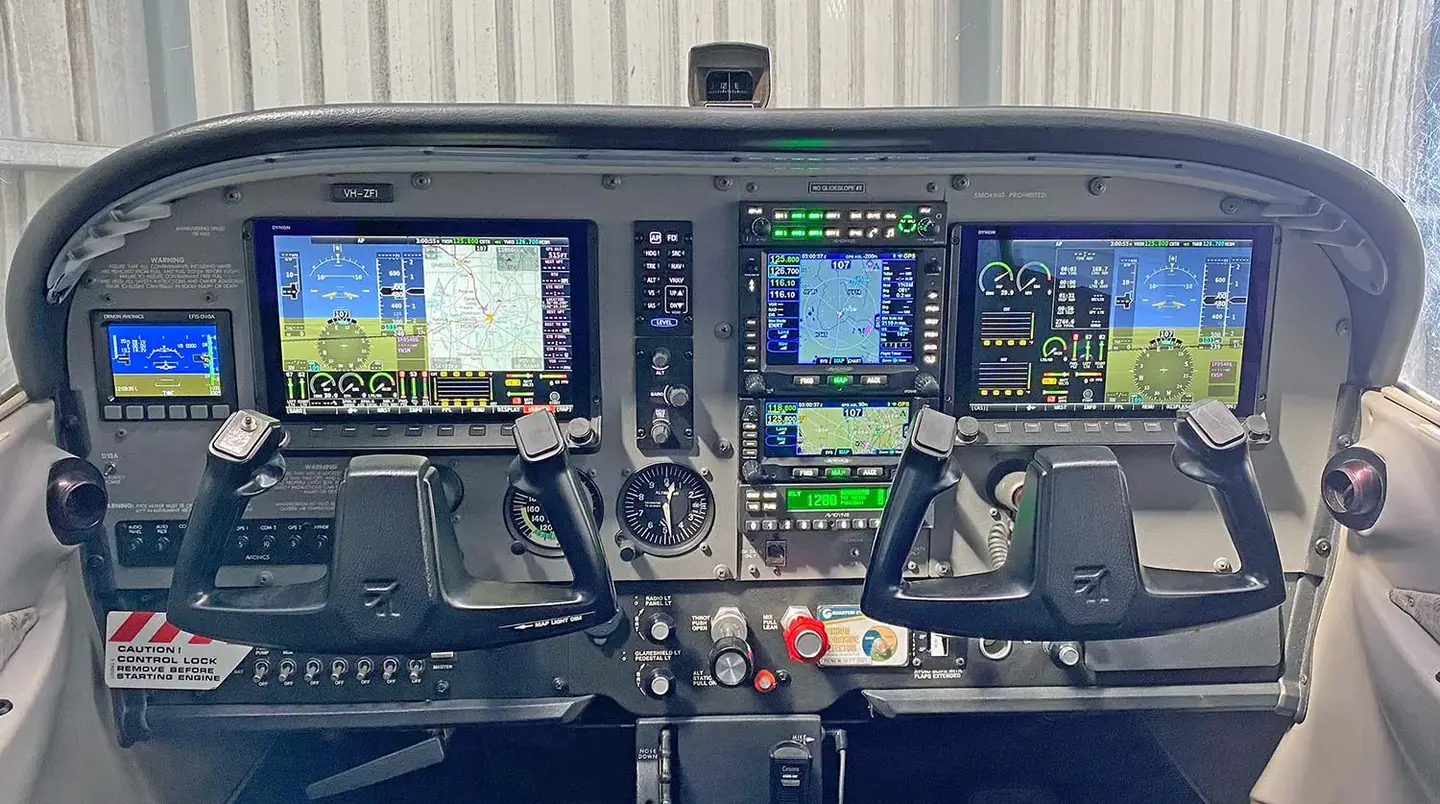It’s Time to Reform U.S. Customs
EDITORIAL. When a lightning strike took out the approach control radar at Miami International last week, ATC and airport employees scrambled to get the airport functioning again. At the same time, the U.S. Customs “Service” sat on its proverbial butt and kept arriving international passengers prisoners in sweltering airline cabins for as long as three and a half hours. AVweb publisher Carl Marbach thinks it’s high time that Congress gave the U.S. Customs Service the same sort of marching orders it recently gave the IRS and is prepared to give airlines through the proposed Airline Passenger Bill of Rights.

 OnWednesday of this week, Miami International's ASR-9 approach control radar took a directlightning strike and was out of service for more than three hours. Most of the agenciesand people involved in moving airplanes rolled up their sleeves and went to work.Everyone, that is, except the U.S. Customs Service.
OnWednesday of this week, Miami International's ASR-9 approach control radar took a directlightning strike and was out of service for more than three hours. Most of the agenciesand people involved in moving airplanes rolled up their sleeves and went to work.Everyone, that is, except the U.S. Customs Service.
The approach controllers, crippled without their own radar, went two blocks down theroad to Miami Center, where en route controllers at the ARTCC hurriedly doubled up ontheir own positions to free up some scopes for approach use. Through this kind of mutualcooperation and support, ATC was able to resume landing airplanes at MIA. AVwebapplauds the efforts of these hard-working controllers, who showed initiative, ingenuityand flexibility in the face of a natural occurrence over which no one had any control.
Fort Lauderdale, 20 miles to the north, was also affected because the approachcontrollers there use the same ASR-9 radar sensor that Miami does. Palm BeachInternational, 40 miles further north, has its own independent approach radar and wasunaffected by the outage. Many airplanes, particularly those with minimum fuel reserves,were diverted to Palm Beach where their passengers could be placed on buses for the90-minute trip to Miami.
However, many of the aircraft with minimum fuel were international flights whosepassengers required clearance into the country by U.S. Customs. These poor folks were leftto sit in their airplanes for up to three and a half hours until they could fly back toMiami for customs! So, while controllers scrambled, Palm Beach airport staff workedovertime, and pilots searched for the unfamiliar PBI approach plate, U.S. Customscollectively sat in their red leather chairs and waited for the sheep to come to them.
What About Customs At PBI?
 Here it gets more interesting. Palm Beach International doeshave customs. I know, because I have cleared through PBI many times when flying myAerostar N6069N. The customs facilities at PBI are a smaller version of those found atlarger international airports like MIA. But, it has everything needed to clear people andbaggage into the U.S.
Here it gets more interesting. Palm Beach International doeshave customs. I know, because I have cleared through PBI many times when flying myAerostar N6069N. The customs facilities at PBI are a smaller version of those found atlarger international airports like MIA. But, it has everything needed to clear people andbaggage into the U.S.
If I'd been consulted, here's what I'd have suggested to the U.S. Customs Service: Parkthese international planes on the customs side of the field at PBI. Then make the commanddecision that all baggage from these flights is simply cleared into the country, sightunseen. The chance that any meaningful contraband would get into the country this way issmall — after all, none of the arriving passengers knew ahead of time that they weregoing to wind up in Palm Beach. Next, take all the arriving U.S. citizens from theseaircraft and walk them through a very fast immigration/passport check. Only stamp thepassports of those who request it, letting the others walk right through to the same busestaking domestic passengers to Miami. The relatively small percentage of alien passengerson these flights could then be handled by the customs agents normally on duty at PalmBeach (I've never seen less than three), perhaps supplemented by some extra agents gleanedfrom wherever they could be found. Checking these few aliens in could also be expedited.
But nobody consulted me. The U.S. Customs Service declared that the facilities at PalmBeach International were inadequate, and forced more misery on people already severelyinconvenienced.
Is there a precedent for the type of expedited customs clearance I suggested be usedhere? How about boaters, who simply call an 800 number and are given a clearance code overthe phone. No agents, no passport check, no luggage look-see ... nothing. Customs reservesthe right to tell the boat operator to wait for an agent dispatched to the boat landing,but in fact that almost never happens. On many of my international arrivals at Palm Beachin my Aerostar, the passengers don't even have passports. Almost any form ofidentification will usually suffice, and often customs doesn't even bother to look at theairplane. I don't see anything wrong with this. After all, isn't it the threat that they couldlook what really deters us from bringing in all those Cuban cigars?
Time For Congress To Act?
 This year, Congress told the Internal Revenue Service,in no uncertain terms, to become friendlier. The IRS had gone completely out of control inits overzealous efforts to collect taxes. Similarly, legislation is pending beforeCongress which would send a "wake-up call" to airlines which hold hostage theirpassengers and fail to keep them informed, among other transgressions. I suggest it's timefor the U.S. Customs Service to receive the same sort of congressional scrutiny ... andthe same sort of marching orders. (Isn't it ironic that the government agencies thatoppress us the most always seem to be called "Service" and be part of the U.S.Treasury Department?)
This year, Congress told the Internal Revenue Service,in no uncertain terms, to become friendlier. The IRS had gone completely out of control inits overzealous efforts to collect taxes. Similarly, legislation is pending beforeCongress which would send a "wake-up call" to airlines which hold hostage theirpassengers and fail to keep them informed, among other transgressions. I suggest it's timefor the U.S. Customs Service to receive the same sort of congressional scrutiny ... andthe same sort of marching orders. (Isn't it ironic that the government agencies thatoppress us the most always seem to be called "Service" and be part of the U.S.Treasury Department?)
 An aircraft-owner friend of mine recently received notice fromcustoms that his airplane may be unairworthy as a result of a customs search, andsuggesting that he have a mechanic look over the aircraft before further flight. When heasked what the customs agents had done to his plane, they wouldn't tell him.
An aircraft-owner friend of mine recently received notice fromcustoms that his airplane may be unairworthy as a result of a customs search, andsuggesting that he have a mechanic look over the aircraft before further flight. When heasked what the customs agents had done to his plane, they wouldn't tell him.
Mostly, I don't find fault with the individual rank-and-file agents. The problem seemsto come from the supervisors — the folks in the U.S. Customs Service who set policy andprocedure. At Fort Lauderdale Executive Airport (FXE), customs told me that they close at5:00 p.m. "Don't come in here at 10 'til five and expect to get cleared," theagent told me on the phone. "We shut the computers down at 10 'til and start closingup. If you're coming around five, better go to Fort Lauderdale International."Customs at FXE also wants all luggage carried into their facility, while customs at PBIonly asks for this on a random basis. At Buffalo, N.Y., we were instructed that wecouldn't set foot on the ground until an agent came to the plane. It's differenteverywhere, yet everywhere the agents tell us that they are just following the rules.
I'm all for stopping illegal things from entering this country. All too often, however,U.S. Customs is putting its efforts in the wrong directions. And, as the Miami radaroutage episode illustrates, the organization seems severely lacking in initiative andflexibility.
U.S. Customs needs to start acting more like the agent who met my commercial flight inDallas, Texas, one day. "Welcome home," he said.






